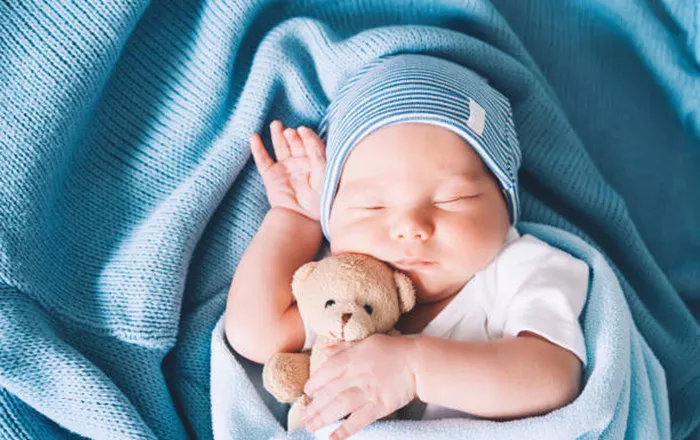A new Canadian study offers reassurance to expectant mothers diagnosed with HPV: the virus poses minimal long-term risk to their babies. Published in the Journal of Infectious Diseases, the research shows infants who contract HPV at birth typically eliminate the virus within a few months — without medical treatment.
Encouraging Results from a Five-Year Study
The study, led by epidemiologist Dr. Helen Trottier of the Centre de recherche Azrieli du CHU Sainte-Justine and Université de Montréal, followed hundreds of babies born to HPV-positive mothers. It found that infants who contracted HPV during pregnancy or delivery cleared the virus in an average of 3.9 months. All children were HPV-free by the age of two.
“This data is very encouraging,” said Eméra Alice Bénard, the study’s first author. “Even if transmission occurs, the risk of the baby contracting a severe or persistent form of the virus is very, very low.”
Low Risk of Transmission and Persistence
The HERITAGE study tracked 422 pregnant women and closely followed 200 of their babies for two years. An additional 75 children were observed for up to five years. Researchers found the rate of mother-to-child HPV transmission was just 7.3%.
Of the babies who did acquire the virus, nearly all cleared it within months. Only one child showed a persistent infection, and only two had recurrent infections — both rare and temporary occurrences.
Key Findings
- HPV transmission from mother to baby occurred in only 7.3% of cases
- Most infected babies cleared the virus naturally in under 4 months
- By 24 months, 100% of infants in the study had cleared the virus
- Persistent or recurrent infections were extremely rare (2–4%)
- No HPV was detected in any children at the 3- or 5-year follow-ups
Postnatal Transmission Also Considered
Interestingly, some babies developed HPV after birth despite initially testing negative. This suggests postnatal transmission through daily care activities may occur — but these cases also resolved quickly and completely without intervention.
“This may be transmission from the mother after birth, or from the father or another person caring for the child,” said Dr. Trottier. “But the immune system still clears it on its own.”
Vaccination Remains Essential
While the findings show that babies handle HPV effectively, researchers stress that vaccination is still crucial — especially for adolescents and adults. HPV is the most common sexually transmitted infection globally and is responsible for most cases of cervical cancer, as well as a significant portion of head, neck, and other cancers.
“Vaccination is a very effective measure for preventing HPV,” said Trottier. “Even if the risk is low for babies, it is imperative to do it for oneself.”
Reassuring News for Expecting Parents
This study is part of a growing body of research showing how different age groups respond to HPV. While persistent infections are common and concerning in adults, babies seem to have a natural resilience to the virus, clearing it efficiently and without complications.
The findings provide much-needed peace of mind for HPV-positive expectant mothers. As HPV testing becomes more routine in prenatal care, this study helps reframe positive results not as a cause for alarm, but as a manageable and short-term situation for newborns.
Related topics:


